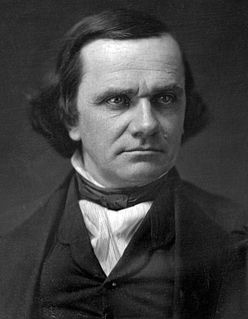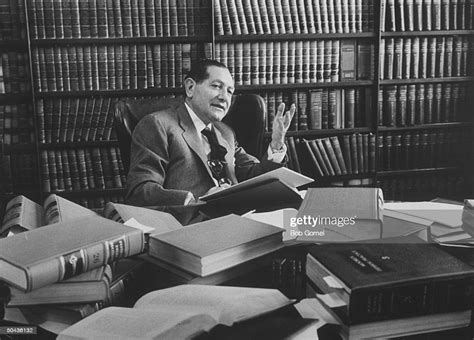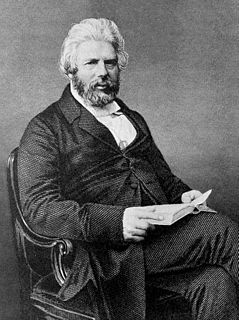A Quote by Heinrich Heine
In action, the English have the advantage enjoyed by free men always entitled to free discussion: of having a ready judgment on every question. We Germans, on the other hand, are always thinking. We think so much that we never form a judgment.
Related Quotes
I deny the right of Congress to force a slaveholding State upon an unwilling people. I deny their right to force a free State upon an unwilling people. I deny their right to force a good thing upon a people who are unwilling to receive it. The great principle is the right of every community to judge and decide for itself, whether a thing is right or wrong, whether it would be good or evil for them to adopt it; and the right of free action, the right of free thought, the right of free judgment upon the question is dearer to every true American than any other under a free government.
Condemn no man for not thinking as you think. Let every one enjoy the full and free liberty of thinking for himself. Let every man use his own judgment, since every man must give an account of himself to God. Abhor every approach, in any kind or degree, to the spirit of persecution, if you cannot reason nor persuade a man into the truth, never attempt to force a man into it. If love will not compel him to come, leave him to God, the judge of all.
There is but one question ultimately to be asked respecting every line you draw, Is it right or wrong? If right, it most assuredly is not a "free" line, but an intensely continent, restrained and considered line; and the action of the hand in laying it is just as decisive, and just as "free" as the hand of a first-rate surgeon in a critical incision.
There must be no barriers to freedom of inquiry... There is no place for dogma in science. The scientist is free, and must be free to ask any question, to doubt any assertion, to seek for any evidence, to correct any errors. Our political life is also predicated on openness. We know that the only way to avoid error is to detect it and that the only way to detect it is to be free to inquire. And we know that as long as men are free to ask what they must, free to say what they think, free to think what they will, freedom can never be lost, and science can never regress.







































